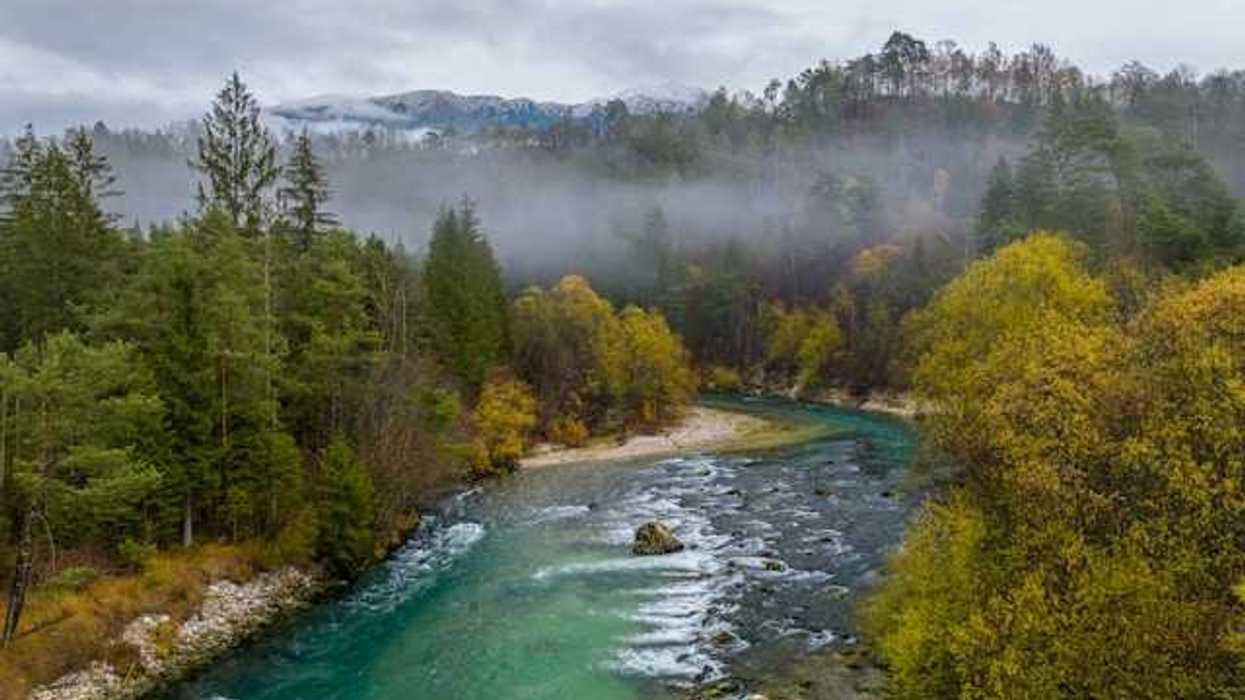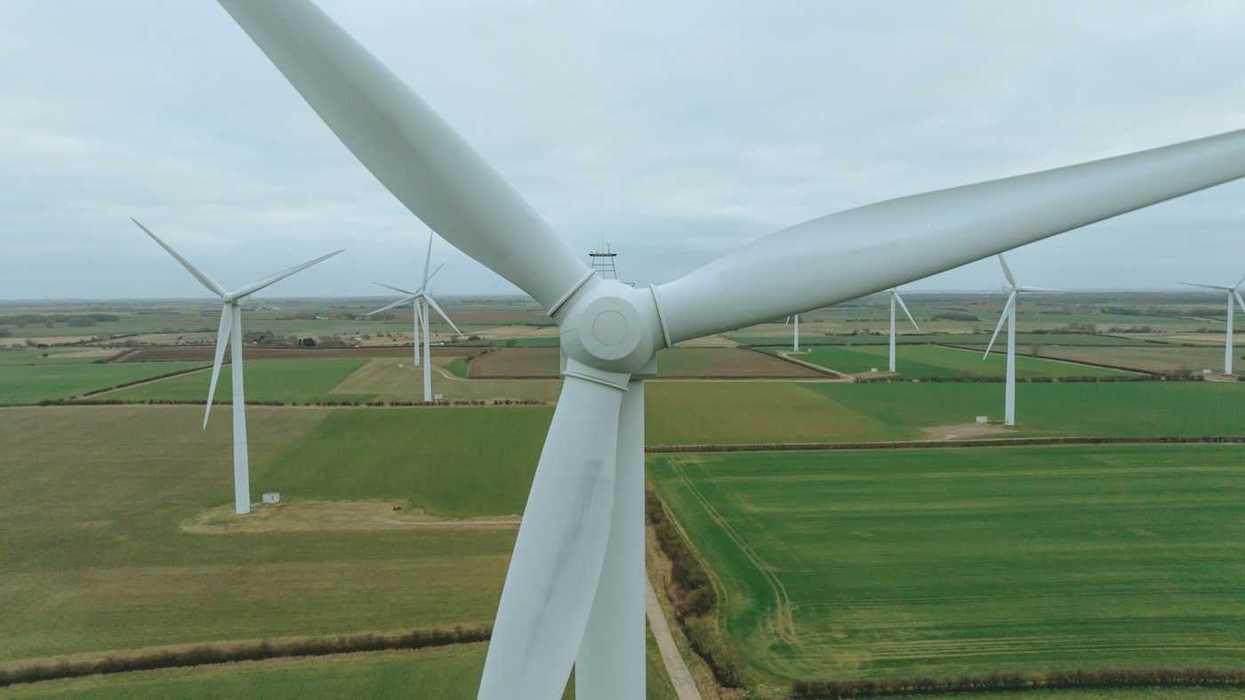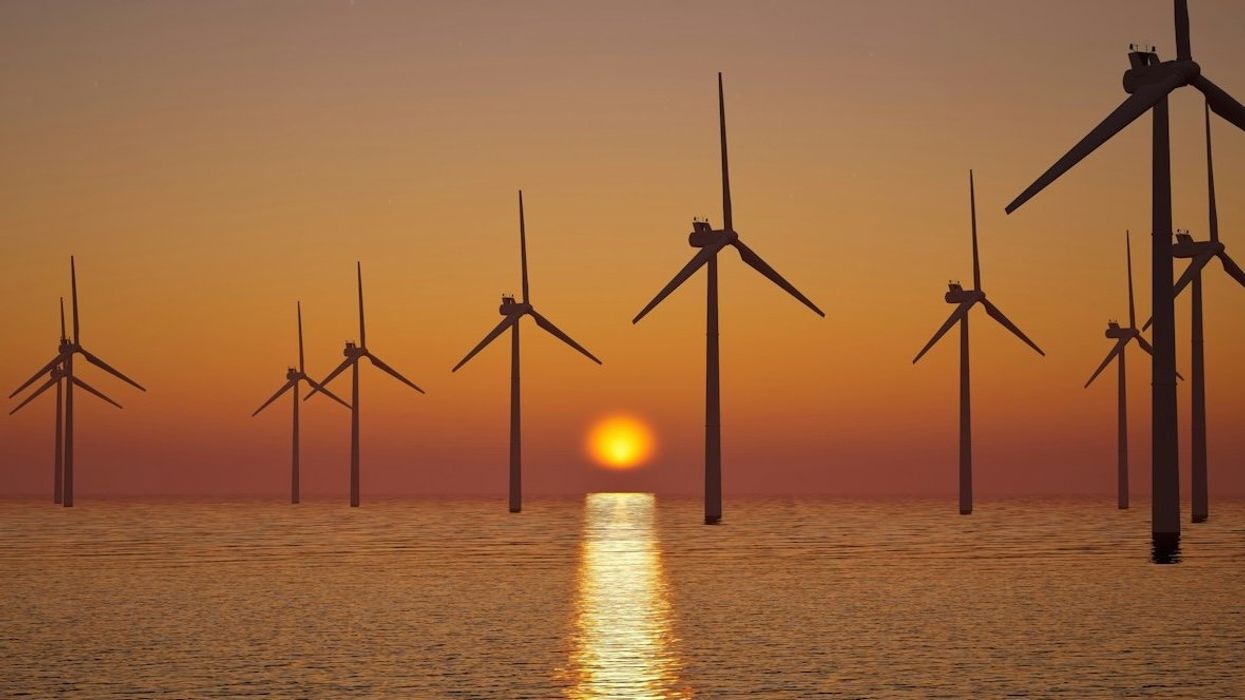Norway's plan to allow deep-sea mining in Arctic waters has raised concerns about its potential harm to marine life, including whales and other species that rely on the seafloor ecosystem.
Teresa Tomassoni reports for Inside Climate News.
In short:
- Norway has designated over 100,000 square miles of Arctic waters for deep-sea mining, which could begin by 2025.
- Environmental groups, including Greenpeace, warn that noise and habitat destruction from mining operations could severely impact marine ecosystems.
- Deep-sea species, many of which are slow-growing and vulnerable, may face irreversible damage from such activities.
Key quote:
“You can’t break up the seafloor without risking everything, including species not even yet discovered or described, through connections that we are only beginning to understand.”
— David Santillo, marine and freshwater biologist at Greenpeace Research Laboratories
Why this matters:
Deep-sea mining poses a significant threat to fragile Arctic ecosystems. Disruptions from noise, light and habitat destruction could lead to irreversible harm, jeopardizing marine biodiversity and food chains critical to ocean health.
Related: Humans may start mining the deep sea despite limited knowledge














